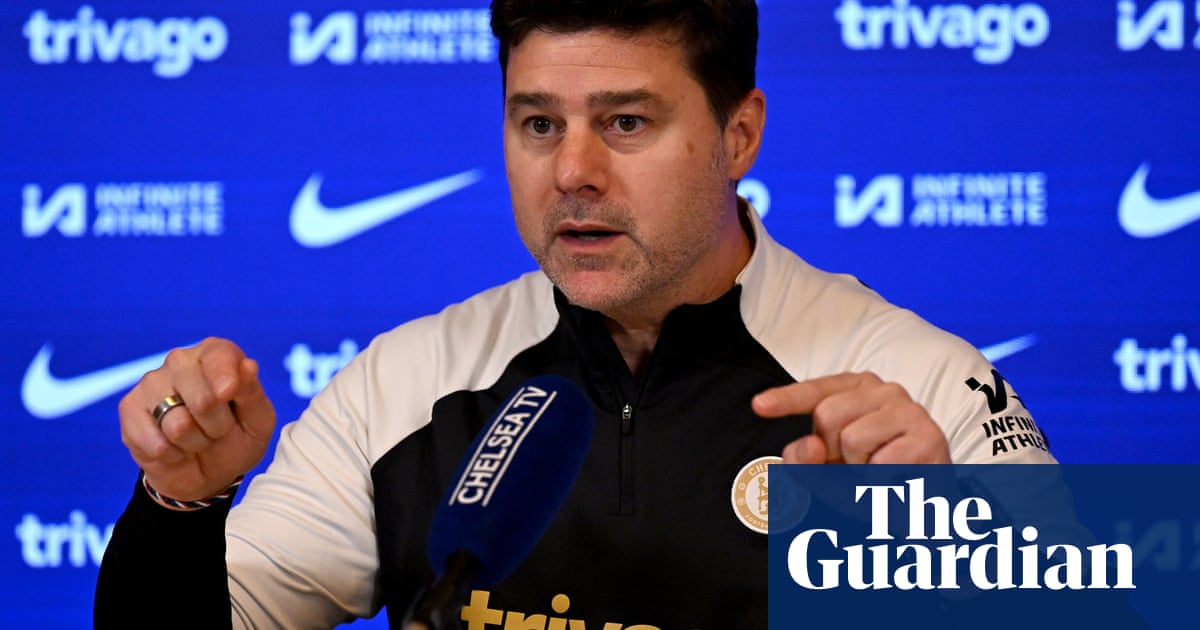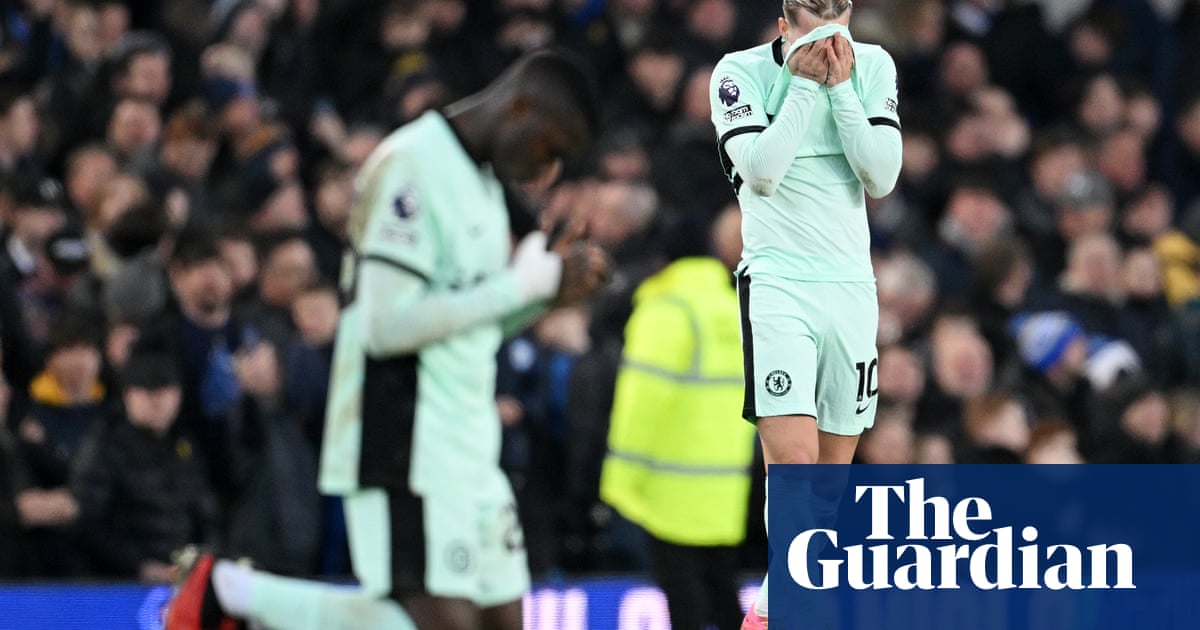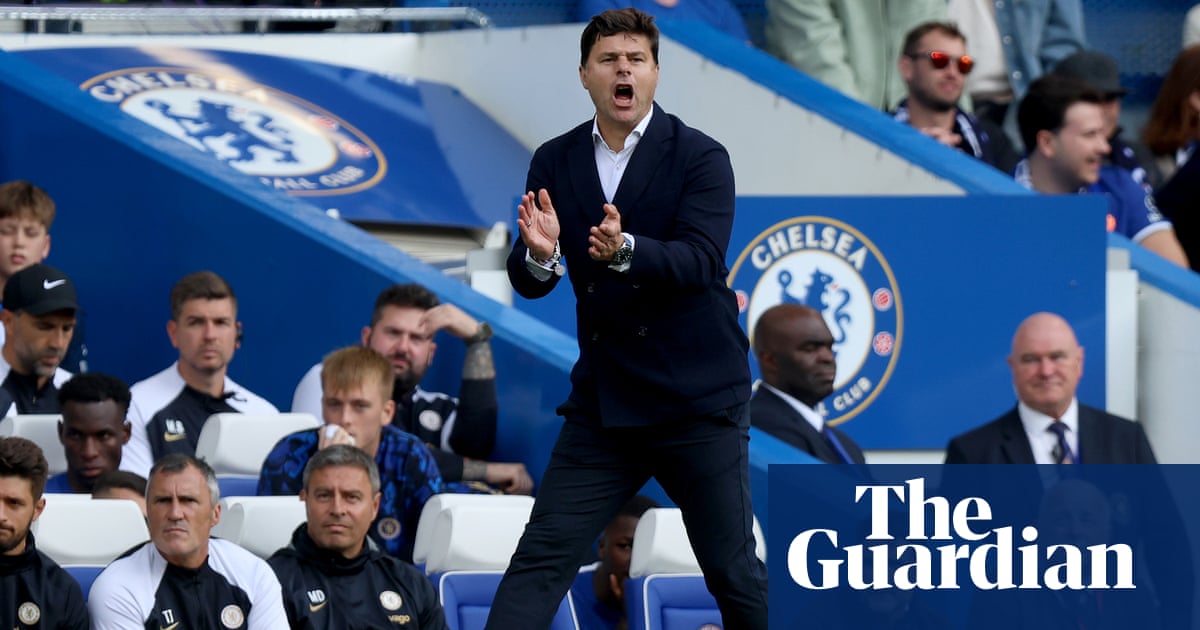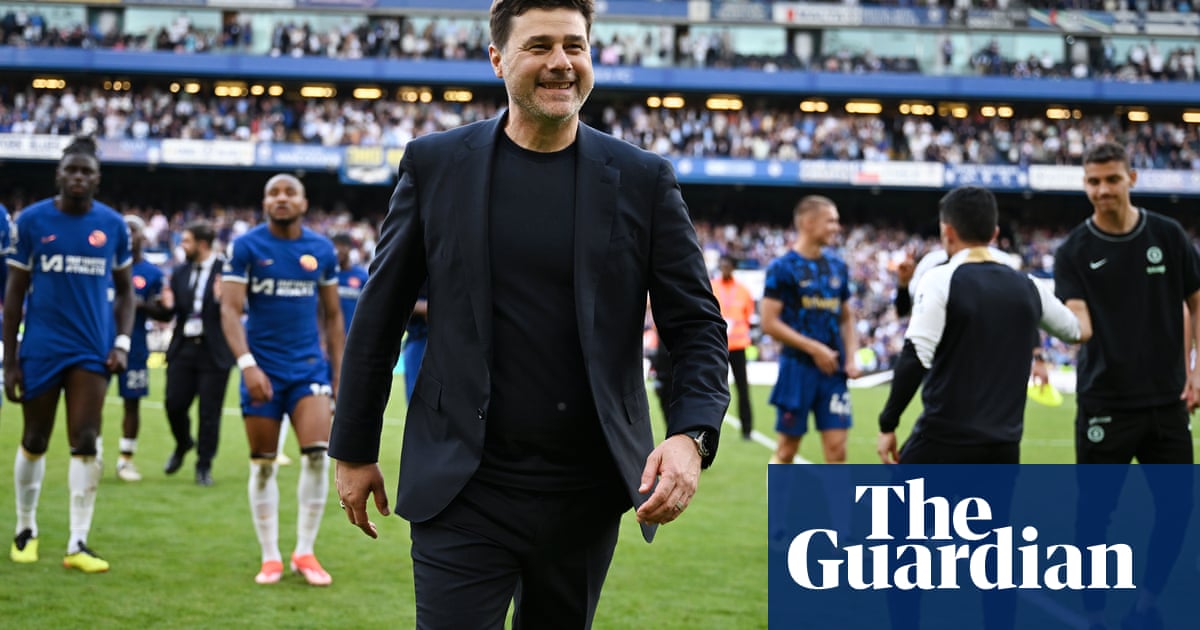
The habitually genial Mauricio Pochettino has shown another side to his character of late. From suggesting the Tottenham project would continue “with me or another”, to urging his boss, Daniel Levy, to put his hands in his pockets, the Argentinian has taken to being more forthright in public. The object of his most recent remarks was also the one that has left him most irate: this summer’s shortened transfer window.
“If you compare with Europe, you are at a complete disadvantage and it does not help the clubs in the Premier League,” he said during Tottenham’s tour of the United States last week. “We are all in the same situation in England. I don’t know if the rest of the teams are happy with that decision. It’s not right. It’s not going to help the Premier League clubs because we’re going to compete in Europe and in the Champions League but have 20 days less. It’s not going to help.”
While there is no doubting Pochettino is not happy, is he right to be? Part of his frustration is surely specific to his own job. He knew the transfer window would close early, this Thursday 9 August at 5pm to be precise, before he signed a new five-year contract as Tottenham manager in May. But he had also hoped his club would be able to do their business early, before the World Cup. This was probably a triumph of hope over experience given the fact Spurs are short of funds owing to a new stadium which they have yet to pay for, and the poker that Levy traditionally likes to play in any transfer negotiation.
Tottenham are likely to have to sell players before they can buy this summer and no outgoings mean no incomings neither. Given past behaviour it would be unwise to rule out some frantic action on deadline day, Jack Grealish having a medical in a traffic jam on the M40 kind of thing, and the truncated deadline would have had nothing to do with it. The incentives at work are largely the same as ever. Yes, any money received from the continent after 9 August could not be used for any deals this summer but that is just as much of an encouragement for buying clubs to strike a deal beforehand, on terms possibly more advantageous to them.
Similar arguments apply when considering if Pochettino’s point might pertain more broadly. Are Premier League clubs leaving themselves at a disadvantage by shutting the window three weeks before everyone else? Well, on the most basic terms they are, as their continental rivals have more time to trade but 17 out of last season’s 20 Premier League clubs voted for the change and must have felt the disadvantage is outweighed by gains elsewhere.
The most obvious of these benefits is the fact of having decided their squad at the point the season kicks off. There will be fewer inexplicable injuries to unsettled players, no more waiting until after September’s international break before bedding a signing into the team. This was the argument made by clubs just a year ago and if Pochettino has forgotten it again he may be blinded by this summer’s other special circumstance. Spurs, alongside other members of the big six (though not Leicester, as José Mourinho observed waspishly of Manchester United’s opening opponents), have only just welcomed back many of their top players from holiday. This is because these players had a successful World Cup. While this may feel like another interrupted opening, it is really only a consequence of success.
Advertisement
It is the big clubs whose foreign rivals could strengthen late and the big clubs whose players may not be ready for opening day. It is also only the big clubs whose players may be picked off by continental clubs in the weeks that remain of their window. The football food chain is such that the risk of poaching faced by smaller Premier League (never mind EFL) clubs comes only from the domestic market. It’s a stretch to say that even the bigger clubs face much threat from abroad.
Last season, according to the website Transfermarkt, Premier League clubs bought 150 players and sold 174. They did so at a combined loss of just under £755m. Only Serie A gets anywhere close to the Premier League in terms of spending but they make it back in sales almost entirely. When it comes to being able to strike big money deals the English top flight is way out on its own.
Big deals on the continent are often funded by Premier League largesse and when they are not, as might yet be the case with Thibaut Courtois, they are the exception. But even Real Madrid’s pursuit of Chelsea’s goalkeeper is not unusual. If Chelsea were rushed into signing Kepa Arrizabalaga for a world-record fee it is largely because Maurizio Sarri has just got his feet under the desk.
Having a whinge is a noble Premier League tradition and Pochettino will not be alone in doing so this year, in fact he will probably have another soon enough. Even if the top clubs in the world’s richest league were now at a disadvantage owing to their self-imposed deadline, it would not be easy to feel too sorry for them. But the truth is that, really, they are not. The Guardian Sport












